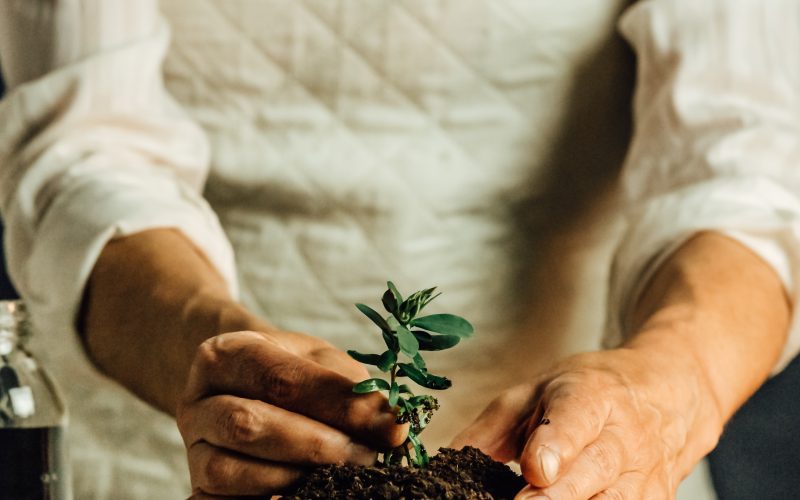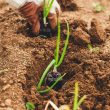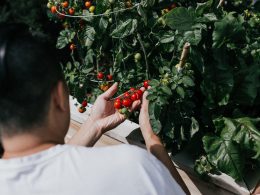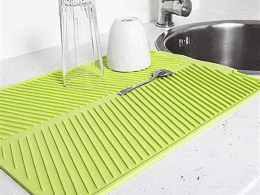Gardening is a great way to connect with nature and enjoy the outdoors. However, traditional gardening practices can be harmful to the environment. Chemical fertilizers, pesticides, and herbicides can pollute the soil and water, harm wildlife, and even pose health risks to humans. Fortunately, there are many ways to build an eco-friendly garden that is both beautiful and sustainable. In this article, we will explore some tips and tricks for creating an eco-friendly garden that will help protect the environment and promote a sustainable future.
Choose Native Plants
One of the best ways to build an eco-friendly garden is to choose native plants. Native plants are adapted to the local climate and soil conditions, which means they require less water, fertilizer, and maintenance. They also provide food and habitat for local wildlife, such as birds, butterflies, and bees. By planting native plants, you can help support the local ecosystem and reduce your environmental impact.
Use Organic Fertilizers
Chemical fertilizers can be harmful to the environment, as they can leach into the soil and water and harm wildlife. Instead, use organic fertilizers, such as compost, manure, or worm castings. These natural fertilizers provide nutrients to the soil and promote healthy plant growth without harming the environment.
Avoid Chemical Pesticides and Herbicides
Chemical pesticides and herbicides can also be harmful to the environment, as they can kill beneficial insects and pollute the soil and water. Instead, use natural pest control methods, such as companion planting, crop rotation, and handpicking pests. You can also use natural herbicides, such as vinegar or boiling water, to control weeds.
Conserve Water
Water is a precious resource, and conserving it is essential for building an eco-friendly garden. One way to conserve water is to choose drought-tolerant plants that require less water. You can also use mulch to retain moisture in the soil and reduce evaporation. Another way to conserve water is to collect rainwater in a barrel or cistern and use it to water your plants.
Create a Compost Bin
Composting is a great way to reduce waste and provide natural fertilizer for your garden. You can create a compost bin using a variety of materials, such as wood, wire mesh, or plastic. Simply add organic materials, such as food scraps, yard waste, and leaves, and let them decompose over time. The resulting compost can be used to enrich the soil and promote healthy plant growth.
Conclusion
Building an eco-friendly garden is a great way to promote a sustainable future and protect the environment. By choosing native plants, using organic fertilizers, avoiding chemical pesticides and herbicides, conserving water, and creating a compost bin, you can create a beautiful and sustainable garden that supports the local ecosystem. With these tips and tricks, you can enjoy the benefits of gardening while minimizing your environmental impact.












